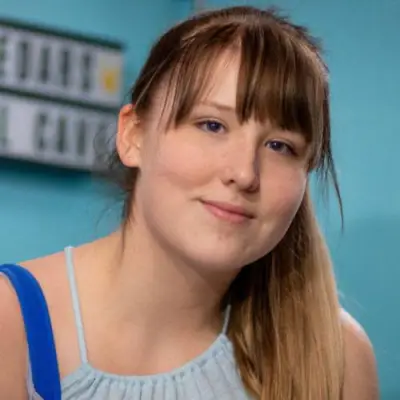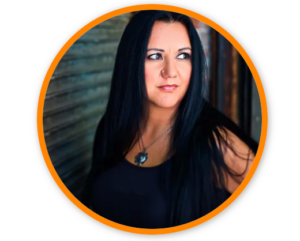Go into the land, love God and love others.
Act justly, love mercy, walk humbly.

Go into the land, love God and love others.
Act justly, love mercy, walk humbly.
Thank you for attending the online service of Remembrance and Reflection.
Below, you will find resources to help guide you as you continue
your journey towards reconciliation.
Instructor: Danny Zacharias | ~20hrs | 35 lessons
This online course is designed to help Canadian Christians learn from Indigenous voices and begin to walk as good neighbours and treaty people. The course consists of reading, video, and audio curated from the vast amount of quality resources available online. This work has been done by the Indigenous Working Group of the Canadian Baptists of Atlantic Canada. Along with each lesson there is additional suggested readings and videos provided so that you can dive deeper.
Red Clover works to catalyze right, just, and whole relationships between settlers and First Peoples in Canada. Providing facilitation, consultation, and training, in response to the calls to action of The Truth and Reconciliation Commission, issued in 2015 in Canada, Red Clover helps de-mystify the process of (re)conciliation by centering Indigenous leadership and uncovering the “growing conditions” in each context. They offer programs and consulting services for organizations, faith communities, and individuals to help them on their journeys toward right relationships.

[wpgb_facet id=”41″ grid=”213″]
[wpgb_grid id=”213″]
Reconciliation is not a destination. It’s a journey that will last our lifetime and generations to follow. There is always prep time for a trip, contingent on the length and difficulty. This is where we are right now within Canadian history. We still have a lot to learn about the Indigenous perspective of history and Christianity and also about Indigenous worldview, culture, values, and spirituality.
Misunderstanding in Canada about these things is rampant. Many non-Indigenous people say to me, “I have never heard of the Residential Schools.” Those words come from educated, thoughtful, good-hearted Christians in churches across Canada and this is only one example among many misunderstandings.
Now, let’s start off this journey with this acknowledgment, “You don’t know what you don’t know” … and let’s follow that acknowledgment with, “Now that you know, how then shall we live.” Now let’s take that first step.

Dr. Cheryl Bear
Indigenous people value land foremost. The land is identity. We are not defined by our jobs but by the land. Find out on whose traditional land your home, church or school resides and begin to confront the place of privilege you enjoy as a result of these lands. A land acknowledgement with the word “unceded” is the first step toward reconciliation.
My grade six teacher said, “We’re going to learn about Indians in Canada.” I was happy. Wow! Us! But then the teacher said, “We’re learning about the Hurons, and they might be extinct.” I was shocked. And felt invisible. Acknowledging the traditional territory where you live makes us visible. And it is honouring. A very important step in this journey.
The Truth and Reconciliation Commission’s mandate was to inform all Canadians about what happened in the Indian residential school system (IRS). Read the TRC’s report to understand the devastating consequences of the IRS and the recommended Calls to Action.
The Residential Schools were a small part of the history of colonization in Canada, but their impact was massive. The mandate of these schools was never education but rather assimilation. They took the beautiful Gospel story and used it as a tool or weapon of assimilation. The Canadian government admitted this and apologized. No apology is complete without changed behaviour, and reconciliation does not happen without restitution.
Marie Wilson, one of the commissioners heading the TRC, created four short videos discussing the TRC and people’s response to it.
Widen your horizons, listen to songs, and read stories from Indigenous contexts. To listen is acknowledging the speaker’s voice and the intrinsic value of the other’s presence. Due to the overwhelming need to educate Canadians on our shared history, many universities now offer free courses in Indigenous studies.
It takes a lot of humility and courage to admit you need to learn, or re-learn Canadian history. Indigenous people have an entirely different perspective of the history of this land. The best way to learn is to listen to the voice of another. Have a listen to another perspective and it will be easier for us to walk together. Here are just two suggestions:
The Truth about Stories: A Native Narrative
In his 2003 Massey lecture, award-winning author and scholar Thomas King looks at the breadth and depth of Native experience and imagination. Beginning with Native oral stories, King weaves his way through literature and history, religion and politics, popular culture and social protest in an effort to make sense of North America’s relationship with its Aboriginal peoples.
Doctrine of Discovery: Stolen lands, Strong Hearts
A film about a devastating decision made over 500 years ago, which continues to profoundly impact Indigenous and Settler people worldwide. Pope Alexander VI ruled that the lands being discovered by European explorers at the time was “empty” land and its millions of Indigenous inhabitants were “non-human.”